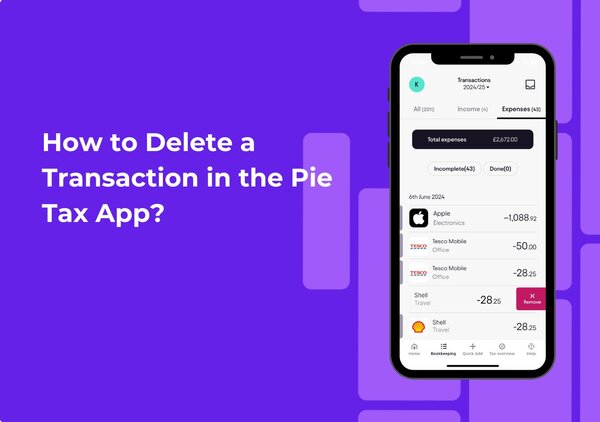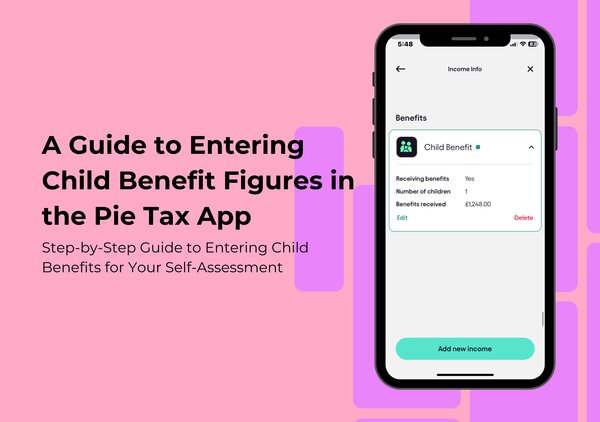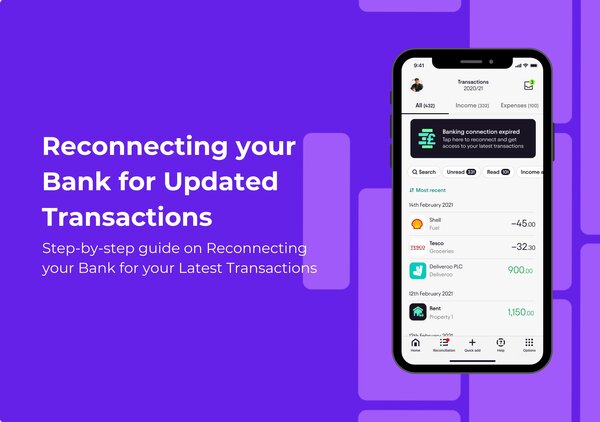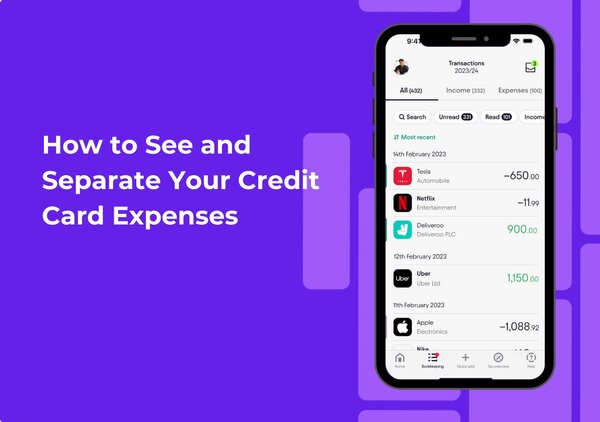So, Here Is What We Know…
Here's a question that keeps coming up in my work with families - if you're receiving Carer's Allowance, does it mess up your Child Tax Credits? It's a genuine concern for parents juggling caring responsibilities alongside raising children.
The short answer might surprise you - yes, Carer's Allowance does count as income for Child Tax Credits, but it's not necessarily bad news. Many families can claim both benefits successfully.
Let me walk you through exactly how these two benefits interact, with real examples that'll help you understand what this means for your family's finances.
Does Carer's Allowance Affect Child Tax Credits? The Direct Answer
Yes, Carer's Allowance does affect your Child Tax Credits because it counts as income when HMRC calculates your entitlement. But here's what most people don't realise - this doesn't automatically mean you'll lose your Child Tax Credits entirely.
I've worked with plenty of families who receive both benefits without any problems. The key is understanding how the income calculation works and whether your total income (including Carer's Allowance) still keeps you within the qualifying range.
Carer's Allowance is £81.90 per week in 2025, which equals £4,259 annually. This amount gets added to any other income you have when HMRC works out your Child Tax Credits. The impact depends entirely on what else you're earning.
Think of it like this - if you were earning £15,000 from employment and start receiving Carer's Allowance, your total income becomes £19,259. This affects your Child Tax Credits calculation, but you'll still receive substantial support.

How the Income Calculation Actually Works
When you receive Carer's Allowance, HMRC treats it as taxable income for Child Tax Credits purposes. This means it gets added to your employment income, self-employment profits, pensions, and any other qualifying income.
The £17,005 threshold still applies, but now includes your Carer's Allowance. So if you were previously earning £14,000 from part-time work and start receiving £4,259 Carer's Allowance, your total becomes £18,259.
Here's how that affects your Child Tax Credits:
- Total income: £18,259
- Over threshold: £18,259 - £17,005 = £1,254
- Reduction: £1,254 × 41% = £514
- You'd still receive most of your Child Tax Credits
Many carers are pleasantly surprised by this calculation. The reduction is often much smaller than they expected.
Real Examples: Families Receiving Both Benefits
Let me share some actual scenarios I've seen, because seeing the numbers makes this so much clearer.
Sarah - Single mum, part-time work, caring for disabled mother:
- Part-time wages: £12,000 annually
- Carer's Allowance: £4,259 annually
- Total income: £16,259
- Still under £17,005 threshold = Gets full Child Tax Credits
Sarah actually benefits from this arrangement. Her caring responsibilities limit her working hours, but the Carer's Allowance doesn't push her over the threshold.
David and Emma - One working, one caring:
- David's salary: £22,000
- Emma's Carer's Allowance: £4,259
- Combined income: £26,259
- Reduction for Child Tax Credits: (£26,259 - £17,005) × 41% = £3,794
With two children, their maximum entitlement would be £7,120, minus the £3,794 reduction, leaving them with £3,326 annually in Child Tax Credits.

When Carer's Allowance Might Push You Over the Edge
There are situations where Carer's Allowance could reduce your Child Tax Credits to zero, but it's less common than people fear. This typically happens if you're already earning close to your cut-off point.
Single child families at risk: If you have one child and earn around £22,000, adding Carer's Allowance might reduce your Child Tax Credits to nothing. The maximum for one child is £3,885, so once your reduction reaches this amount, payments stop.
Higher earners: Families already earning £30,000+ might find Carer's Allowance tips them over their personal cut-off point. However, for families with multiple children, the higher maximum amounts mean you can earn more before losing entitlement completely.
The key is doing the maths for your specific situation. For detailed calculations on exactly how much Child Tax Credits you could receive, our comprehensive guide breaks down all the current rates and thresholds.
Reporting Requirements: What You Must Tell HMRC
This is crucial - you must tell HMRC when you start or stop receiving Carer's Allowance. It's a change of circumstances that directly affects your Child Tax Credits, and failing to report it can cause serious overpayment issues.
When starting Carer's Allowance:
- Report to HMRC within one month
- Provide details of the weekly amount
- Expect your Child Tax Credits to be recalculated
- Your payments might reduce from the next payment period
When stopping Carer's Allowance:
- Tell HMRC immediately
- Your Child Tax Credits should increase again
- Don't wait for your annual renewal
I've seen families get into trouble by not reporting these changes promptly. The government will eventually find out through data sharing between departments, and by then you might owe thousands in overpayments.

Strategies for Maximising Your Combined Benefits
While you shouldn't manipulate your circumstances just for benefit purposes, there are legitimate ways to optimise your situation when you're both a carer and a parent.
Timing considerations: If you're thinking about reducing work hours to care for someone, consider how this affects your total benefit entitlement. Sometimes reducing employment income while claiming Carer's Allowance results in higher overall household income.
Claiming everything you're entitled to: Don't forget about other support available to carers. Carer's Credit protects your National Insurance record, and you might qualify for council tax discounts or other local support.
Planning for the future: Caring responsibilities often change over time. Understanding how starting or stopping Carer's Allowance affects your other benefits helps with financial planning.
Universal Credit Complications for Carers
The transition to Universal Credit makes things more complex for families receiving both benefits. Under Universal Credit, Carer's Allowance still counts as income, but the calculation method is different.
Universal Credit has a higher taper rate (55% instead of 41%), which means Carer's Allowance might have a bigger impact on your overall entitlement. However, you might qualify for the Carer Element within Universal Credit, which could offset some of this reduction.
If you're currently receiving both Child Tax Credits and Carer's Allowance, the transition timing matters. Don't rush into moving to Universal Credit without checking if you'll be better or worse off overall.

Getting Help With Complex Benefit Interactions
Some situations are genuinely complicated, especially when you're juggling multiple benefits, caring responsibilities, and employment. Citizens Advice offers free help with benefit calculations and can work through your specific circumstances.
Your local council might also have welfare rights advisers who understand how different benefits interact. This is particularly helpful if you're also claiming Housing Benefit, Council Tax Support, or other local assistance.
Carer organisations like Carers UK have specialist advisers who understand the unique challenges carers face with the benefit system. They're often more clued up about these interactions than general advice services.
Final Thoughts
Carer's Allowance does affect your Child Tax Credits by counting as income, but this doesn't mean you'll automatically lose out. Many caring parents successfully receive both benefits.
The key is understanding the calculations and reporting changes promptly to avoid problems later. If you're managing these complex benefit interactions alongside your tax responsibilities, our free self-assessment app helps simplify your financial admin.











